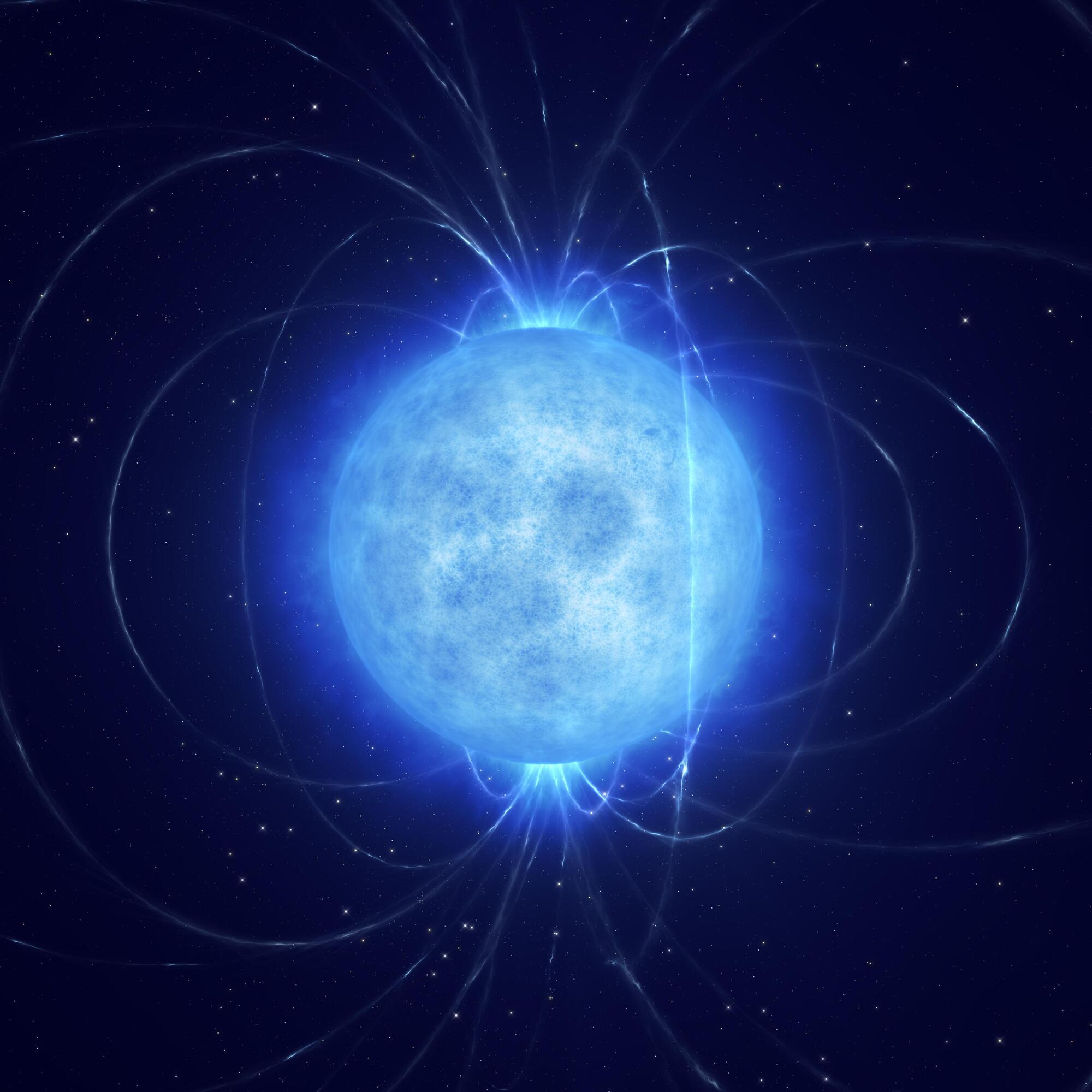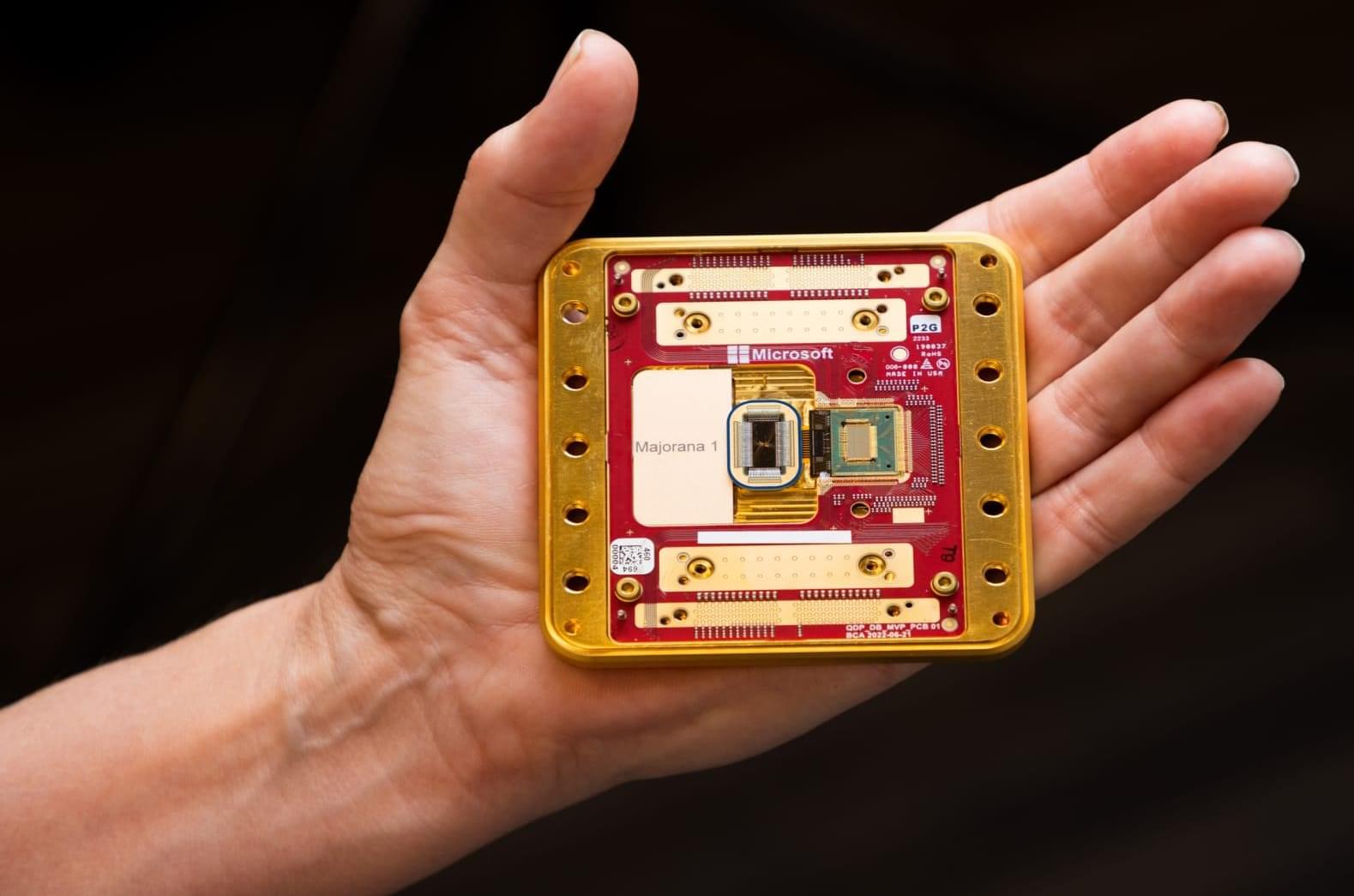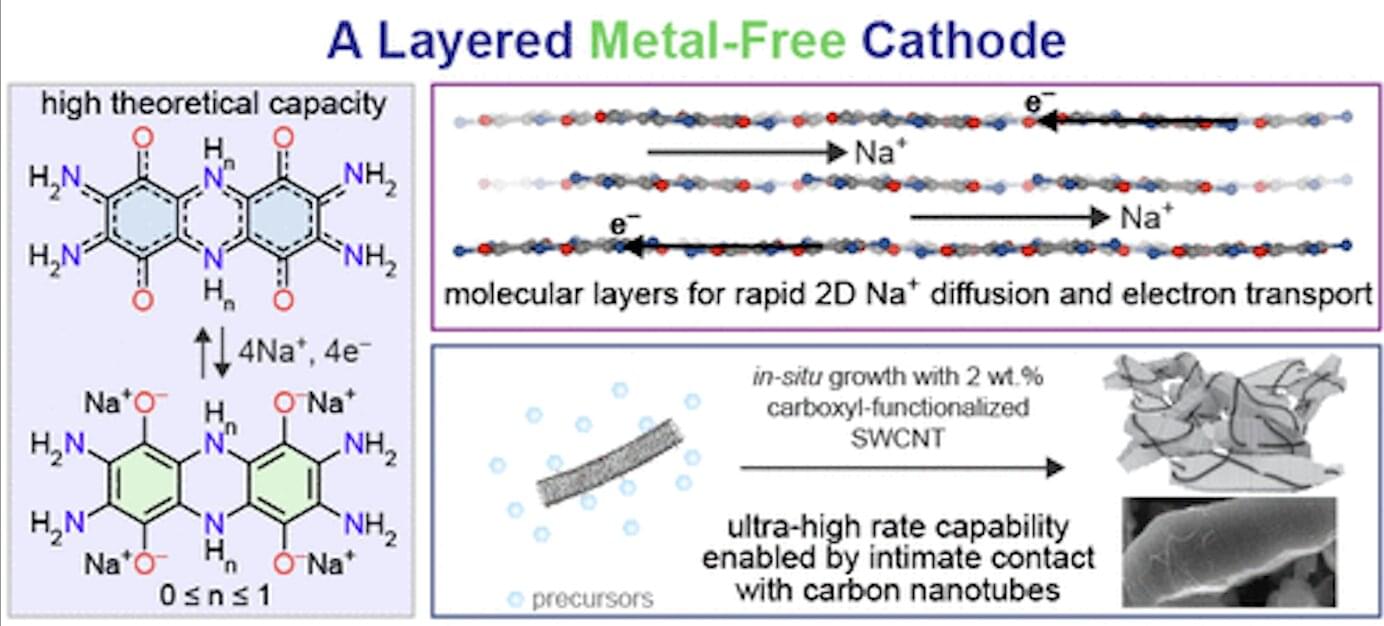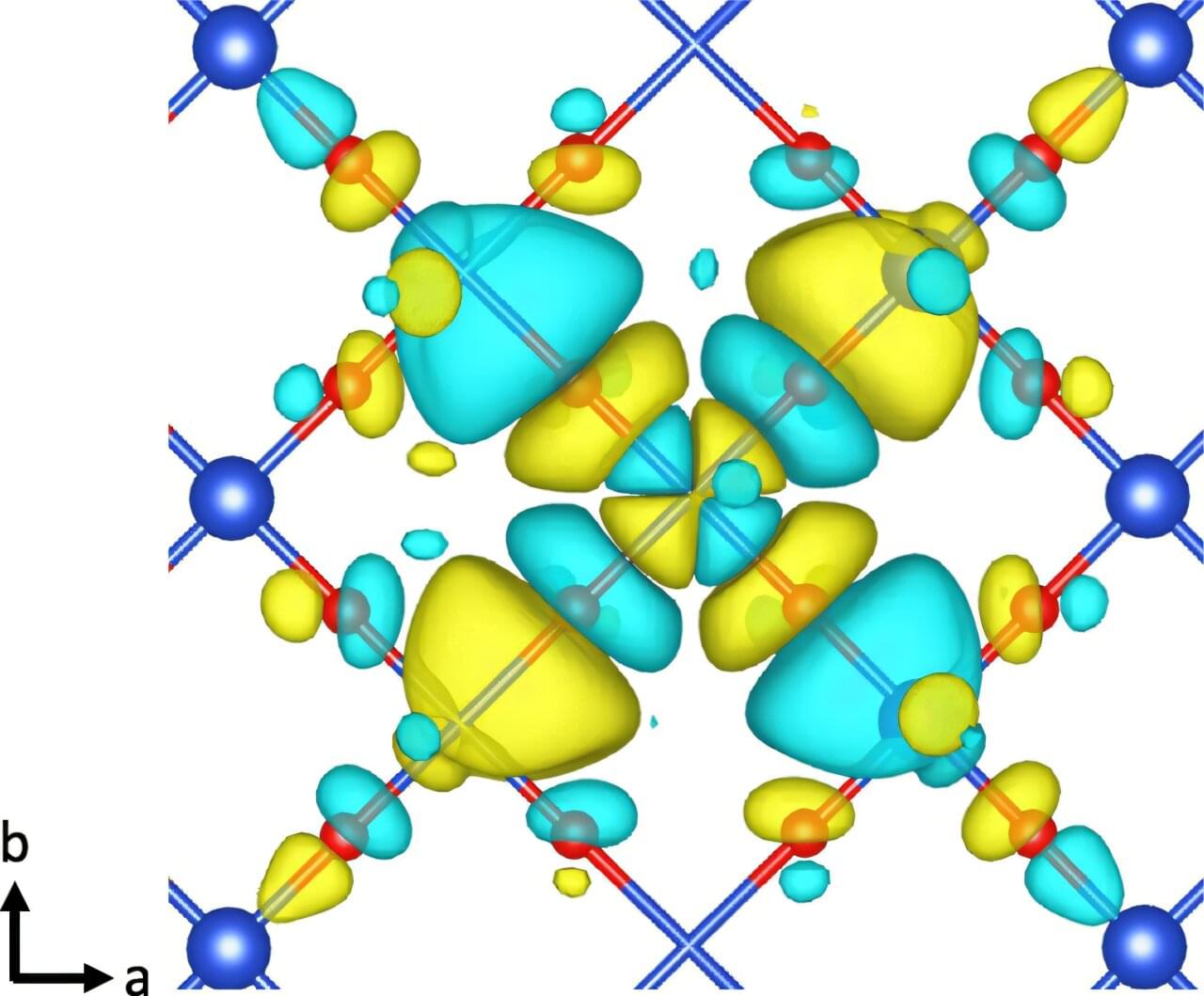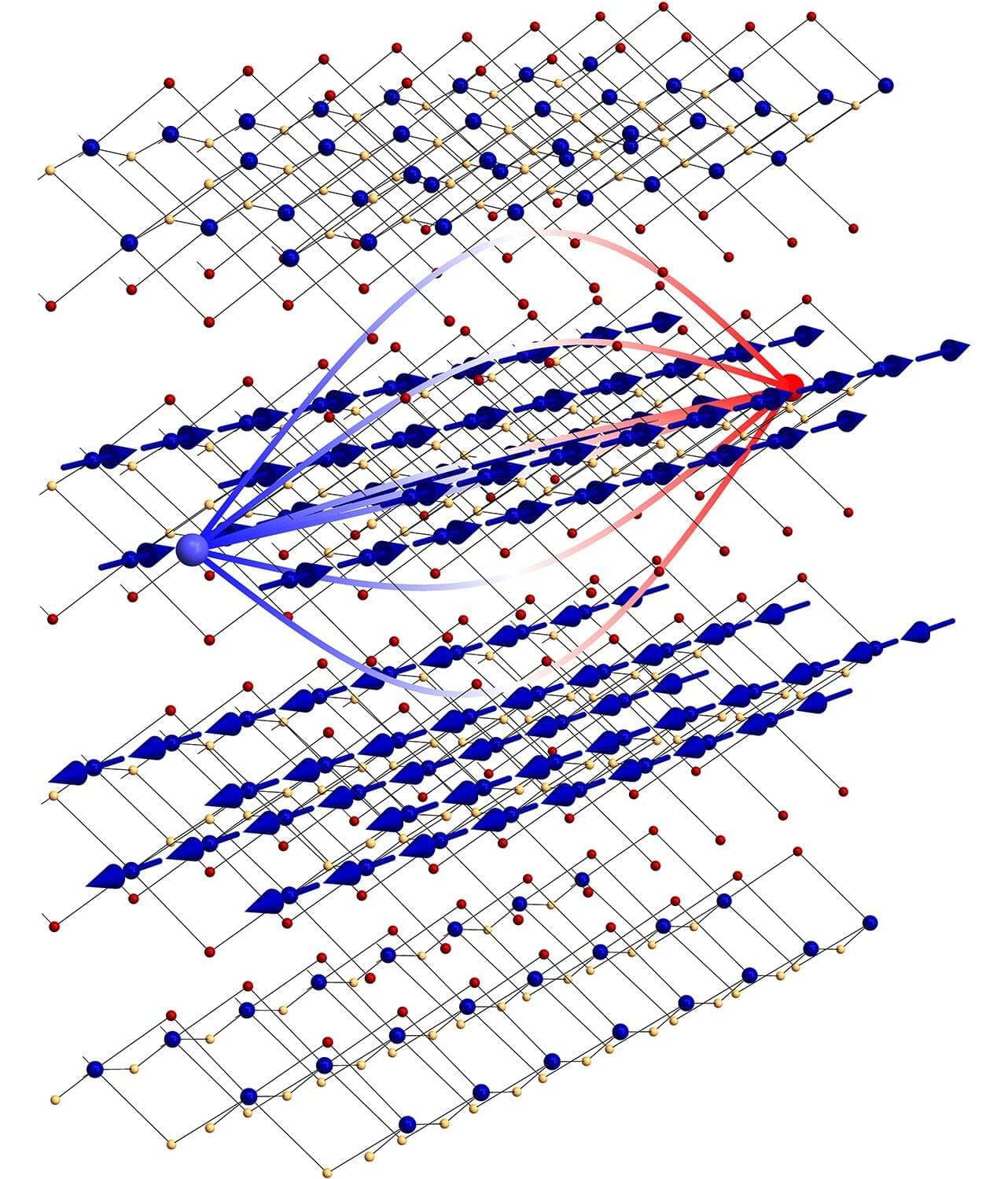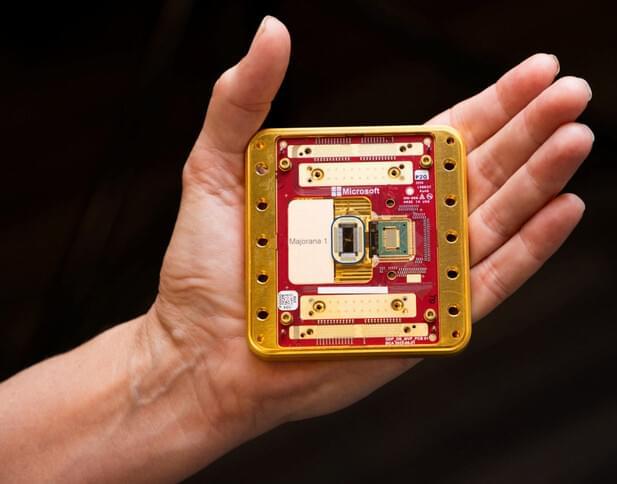Astronomers might find life in the unlikeliest of places.
Could white dwarf stars host habitable exoplanets that might support life as we know it? This is what a recent study published in The Astrophysical Journal hopes to address as an international team of researchers investigated the surface temperatures of exoplanets orbiting white dwarfs and compared them to exoplanets orbiting Sun-like stars. White dwarfs are smaller, denser remnants after a Sun-like star dies, stops nuclear fusion (converting hydrogen to helium), and sheds its outer layers, thus implying they could be inhospitable for life-giving exoplanets.
For the study, the researchers used computer models to compare Earth-like exoplanets each orbiting a white dwarf star and the main-sequence K-dwarf star, Kepler-62, both of which exhibit temperatures of approximately 5,000 Kelvin (8,540 degrees Fahrenheit/4,727 degrees Celsius). For context, our Sun’s temperature is 5,772 Kelvin (9,930 degrees Fahrenheit/5,499 degrees Celsius).
Kepler-62 currently hosts five known exoplanets, with two of them orbiting within its star’s habitable zone. Additionally, while Kepler-62 is still demonstrating nuclear fusion, like our Sun, white dwarfs don’t, as noted above. In the end, the computer models made some remarkable findings regarding the habitable potential for exoplanets orbiting white dwarf stars. The models revealed the white dwarf exoplanet’s surface temperature was approximately 25 Kelvin hotter than the exoplanet orbiting Kepler-62, which the team attributes to the former’s faster rotation and orbital period, resulting in reduced cloud cover and higher surface temperatures.
